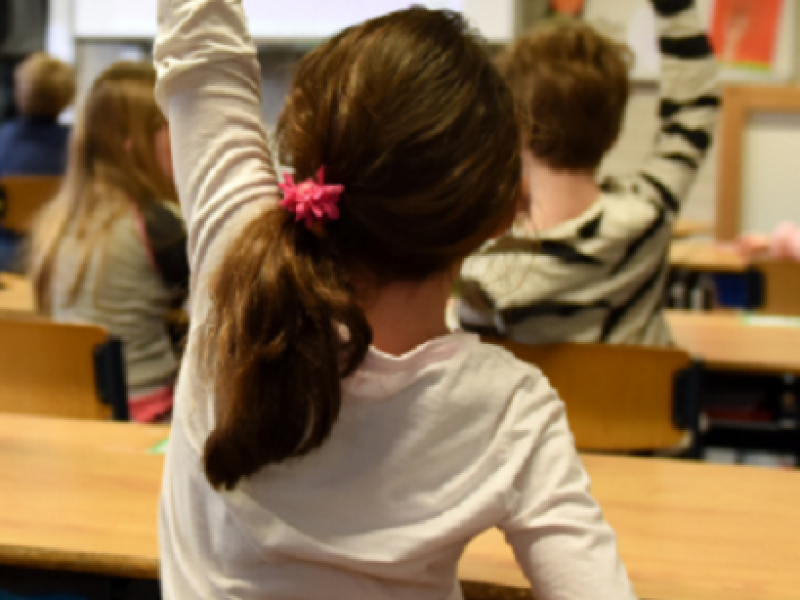Mind Australia is working with young people and their families within primary school settings to help students manage emotional distress and improve mental wellbeing.
The Always in Mind program is an outreach early intervention and prevention service designed for children and families living in the Limestone Coast region (South Australia) who are at risk of or are experiencing mental health and wellbeing challenges.
Mind was asked to deliver the Always in Mind program to a primary school in the region following incidents of self-harm by students in years 4 and 5.
Mind’s team of community mental health practitioners started working with the affected students by providing wellbeing support and coping strategies to help manage emotional distress.
Mind staff also created a safe environment for the young people to ask questions and engage in open discussion. From these discussions, several themes emerged including family and relationship conflicts, trauma, being alone and loss.
“We facilitated a discussion on these topics with a focus on safety, reaching out for help, respect, conflict resolution, stress, and anxiety,” Kathryn Cousins, Always in Mind Service Manager, said.
“We also led a mindfulness exercise with the students and each one was provided with additional mindfulness resources to take home.
“The classroom teacher was also actively involved in the session and was left with activities to work through as a class in their weekly wellbeing session.”
Following the success of this one-off session, Mind engaged with the school’s wellbeing coordinator and students to co-design group programs to help meet the needs identified in the school.
Co-design – a key component of Mind’s Lived Experience Strategy (PDF 1.95 MB) – involves participants, practitioners and leaders as equal partners in decision-making. Rather than being a source of information, participants collaborate to define and direct a project.
The Always in Mind team subsequently facilitated three, six-session group programs focusing on stress and anxiety, positive relationships and anger management.
Mind evaluation data following these sessions showed that 85 percent of young people participating reported positive outcomes.
“Our outcome measure data demonstrates a continuous increase in wellbeing and community connections for participants,” Dr Laura Hayes, Mind’s Research and Evaluation Manager, said.
“This indicates the group programs are meeting the needs in the community and are becoming increasingly effective over time.
“The success of the group program can be attributed to the co-design approach and Mind being embedded in the community, which allows a dynamic and effective response to community need.”
Mind General Manager South Australia, Renae Glouftsis, said an all of community approach to developing and delivering mental health supports can also help with capacity building.
“Co-design and including school staff in the development process can contribute to more effective and sustainable outcomes, especially in regional communities,” Ms Glouftsis said.
“By intervening early and providing specialist support to increase both community connection and capacity, schools are better equipped to respond to the mental health needs of children and young people, and help reduce the prominence of mental health stigma in rural communities.”
Dr Laura Hayes, Kathryn Cousins and Renae Glouftsis recently presented on the Always in Mind program at the Child and Adolescent Mental Health conference 2023.
For information on Mind services near you, please contact us via Mind Connect or phone: 1300 286 463.
If this article raises concerns for you, please call Lifeline on 13 11 14. Aboriginal and Torres Straits Islanders can also call 13 YARN (13 92 76) a 24/7 national crisis support telephone service staffed by Aboriginal and Torres Strait Islander peoples.
